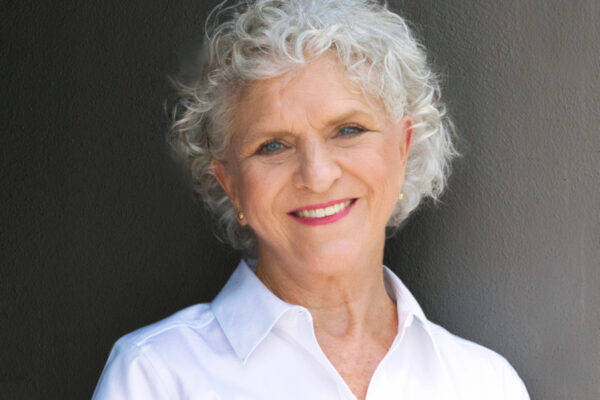
As a teenager in the Unites States I was often asked in what language I thought when I was by myself.
What language do bilinguals think in?
I believed at the time that that was a good question because it implied that the questioner took it for granted that my thinking was in linguistic terms, in terms of words, and that there was a type of dialogue going on in my mind, which, in my case, could be carried out in English or in Spanish.
Food for thought, I reflected, and whether I used one language or another was unimportant, a moot question.
Pondering on this deep subject I googled a bit –something I seldom do- and found this article by The Critical Thinking Community, a community which means well, of course, but misses the mark and shows a lack of thinking, especially critical thinking, which in turn shows the Internet’s weak point.
I admit it is easy to decry other people’s misfired and misguided efforts. But I digress a bit.
In Spain I have never been asked the question above, instead I have asked it myself to friends and strangers: “do you think in terms of language?”
Do you use words or concepts when you think?
Most listeners could hardly grasp the concept and I had to explain: “When you are alone, do you use words or concepts when you think?”
Nine times out of ten they do not know and cannot answer.
Do people think in concepts or words?
Do we use conceptual or linguistic thinking?
Does the brain carry on dialogues with itself?
Does the question have relevance?
Example one:
Language thinking: You are driving down the road. Suddenly a ball shoots out from nowhere.
You think in linguistic terms: “Hm. A stray ball. A child will certainly dash after it. I must slow down or even come to a halt.
I must do it with care because the car behind me has been tailgating for miles.” Half a minute.
Concept thinking:
You see the ball, picture a child running after it, take a quick look in the rear-view mirror, see the tailgater you have been keeping an eye on and brake smoothly. Half a second.
Also read: Learning a language without forgetting another

Example two:
You have bought a ring and are ready to propose.
While driving to the girl’s home to pick her up, you start choosing the linguistic approach to the situation: “Ever since I met you, Rebecca, even before that, probably even before I was born, I knew we were meant for each other…”
Then you reflect that the little speech is corny and decide to go straight to the point: “Please, Phillippa, marry me and make me happy.”
On second thought, better… “and let me make you happy.” You are thinking in, and choosing, words, more or less carefully and fruitfully.
You may be rejected if the choice of words is clumsy.
If you think conceptually you might picture yourself on your knees, opening the diamond box which will glitter in the darkness of the cheap motel room.
You must explain your concepts to another; that must be done, and very carefully, with language.
If later there is a fire at the cheap, shabby, dingy hotel, you do not think:
“Oh, a fire. We are in danger and we may burn to cinders. Let me grab the diamond ring, open the door and run for dear life…” simply because language thinking is slow.
The answer to the small riddle is: both. We think conceptually and linguistically, depending on the situation.
Impressions and ideas
David Hume (1711-1776) gave us that answer in his A Treatise of Human Nature, where at the very onset he tells us that “All the perceptions of the human mind resolve themselves into two distinct kinds, which I shall call IMPRESSIONS and IDEAS.”
First the impression, then the idea and then… enter language.
The answer to the question as to which language I use in the privacy of my innermost soliloquies and reveries is the same: I use both, depending on what I am considering and cogitating about.
When I am down-in-the-mouth and have somber thoughts, in a brown study, and in the pits and throes of despair, I usually choose Spanish.
On the other hand, when I am full of gaiety and see the world in pink, I pull out my English and revel in it and drink from the fountain of positive thinking.
Possibly because English is the language of my youth.
One thing I never do is mix languages, and I strongly advise you not to acquire this bad habit, uglier than picking your nose.





Leave a Reply